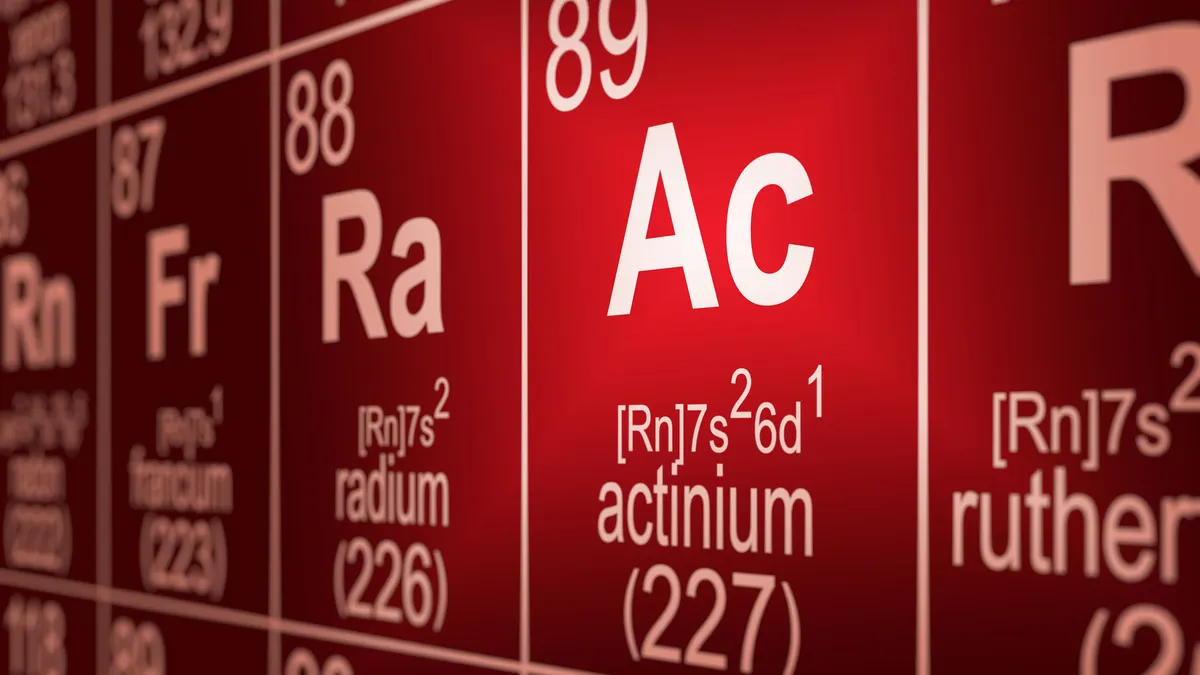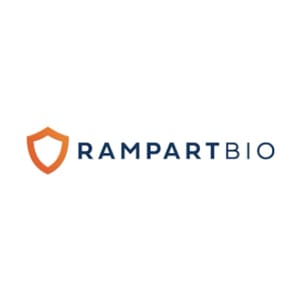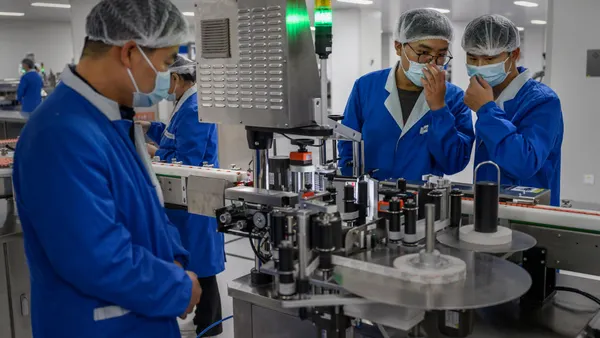Dive Brief:
- Actithera, a radiopharmaceutical drugmaker based in Oslo, Norway and Cambridge, Massachusetts, has raised just under $76 million in Series A venture financing to build out its cancer drug pipeline.
- In a Wednesday statement, the biotechnology company said it would use the new funds to advance into clinical development an experimental treatment targeting what are known as fibroblast activation proteins.
- M Ventures, which helped found the company in 2021, co-led the Series A round with Hadean Ventures, Sofinnova Partners and 4BIO Capital. Five other firms also participated.
Dive Insight:
Radiopharmaceuticals offer a better way to target tumor-killing radiation more precisely to cancerous cells and, accordingly, they’ve drawn rising interest from drugmakers. The technology works by attaching a radioisotope to a targeting compound via a specially engineered “linker” molecule.
While radiopharmaceuticals have been around for years — Bayer’s Xofigo was approved in the U.S. in 2013 — the field has taken off since the success of Novartis’ prostate cancer treatment Pluvicto. The drug earned Novartis more than $1.3 billion in 2025, giving the industry a glimpse of radiopharmaceuticals’ sales potential.
Other large companies, like Bristol Myers Squibb and Eli Lilly, have entered the field with acquisitions of earlier-stage public biotechs.
Private radiopharma companies, meanwhile, drew more than $1.1 billion since 2022 from a group of 23 venture firms tracked by BioPharma Dive.
Actithera is designing its cancer drugs so they can stay in a tumor for longer by binding tightly to proteins that help a tumor grow. Founded by Andreas Goutopoulos, a veteran of Merck KGaA’s U.S. subsidiary EMD Serono Inc., the biotech is focused first on an enzyme called fibroblast activation protein, or FAP.

The protein is expressed on cells that form connective tissue, but in cancer can support tumor growth. Actithera aims to eliminate those proteins and cancer-associated fibroblasts in “a cross-fire effect that kills nearby tumor cells,” Goutopoulos said.
“It’s a way to dismantle a critical barrier to immune and therapeutic access,” he wrote in an email to BioPharma Dive.
Radiopharmaceuticals can be tricky to develop. Manufacturing is complex and expensive, and in response, companies like Novartis have opened dedicated production facilities. The isotope they contain also degrades over time, making the logistics of their delivery critical.
Actithera is one of many up-and-coming biotechs looking to follow Novartis’ lead. Some of those, including Novartis and Ratio Therapeutics, are also targeting FAP.
Actithera has not disclosed which cancers it’s targeting with its therapies. The company is “preparing for clinical development in 2026” across multiple indications, Goutopoulos said.
“Actithera stands out as one of the most thoughtfully constructed radiopharma platforms we’ve seen, combining smart molecular design with a deep understanding of tumor biology and clinical need,” Roger Franklin, a partner at Hadean Ventures, said in a statement.













